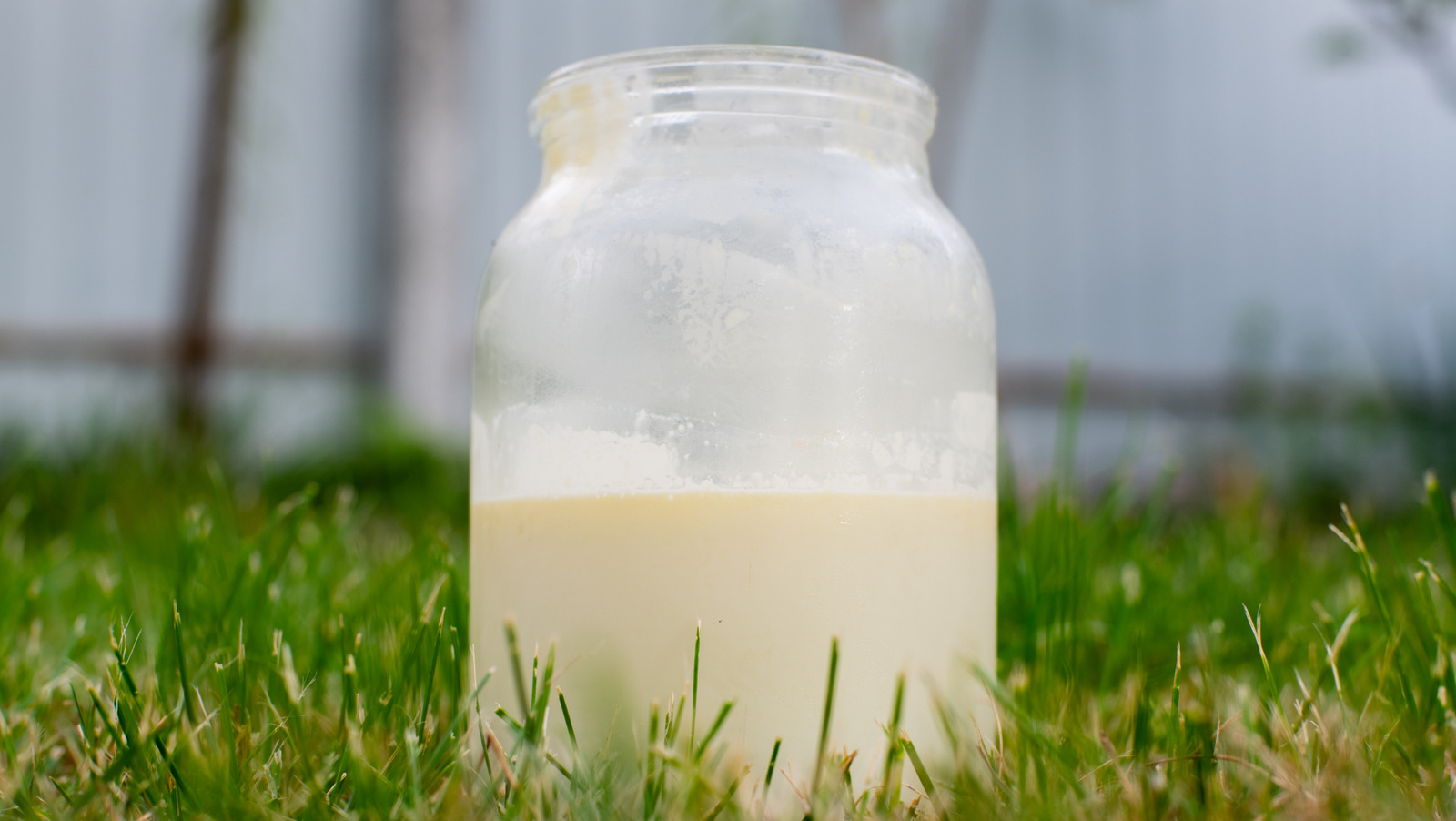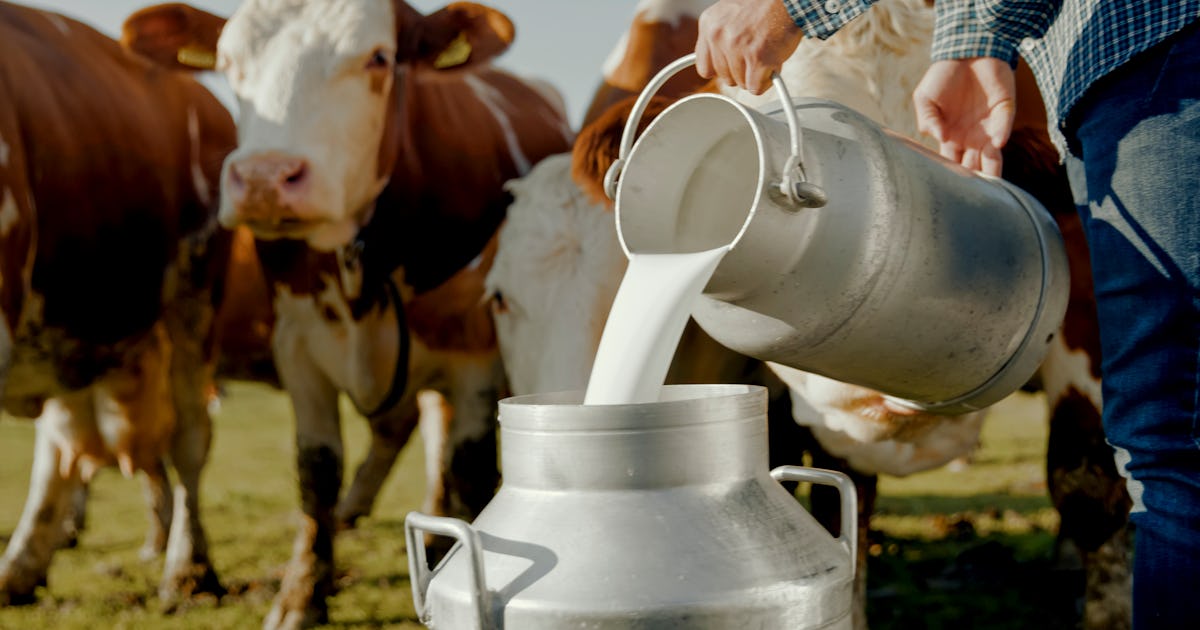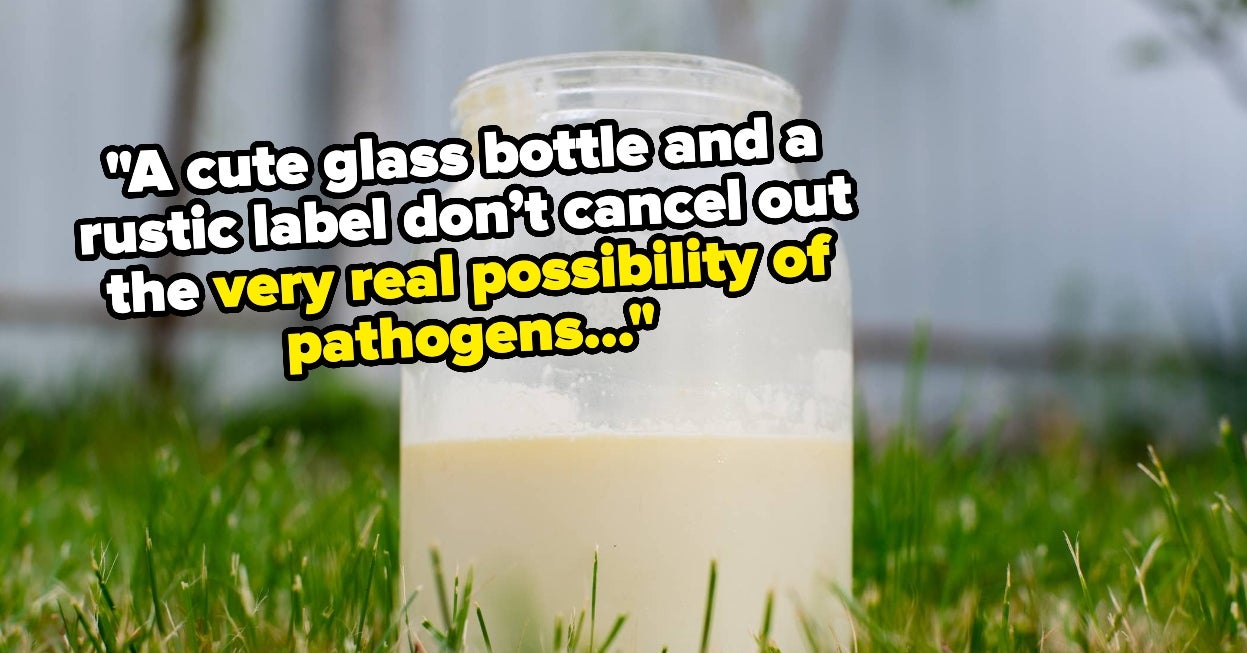#pasteurization
#pasteurization
[ follow ]
#food-safety #raw-milk #health-risks #milk-recalls #surveillance-and-testing #regulatory-policy #orange-juice
Food & drink
fromTasting Table
1 month agoWhy Orange Juice Tastes The Same Year-Round - Tasting Table
Not-from-concentrate orange juice is pasteurized, deaerated, and supplemented with manufacturer-controlled flavor packets from orange oils and essences to maintain a consistent 'fresh' taste year-round.
[ Load more ]


